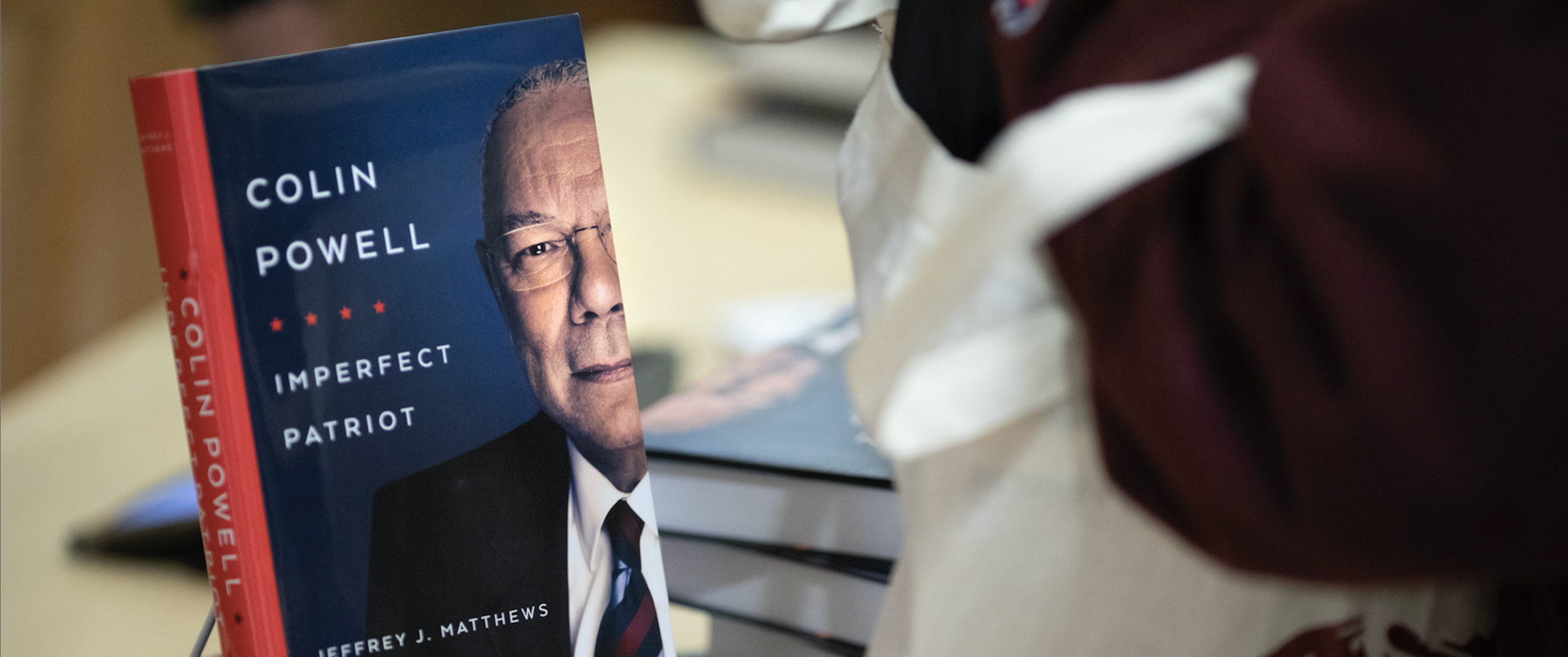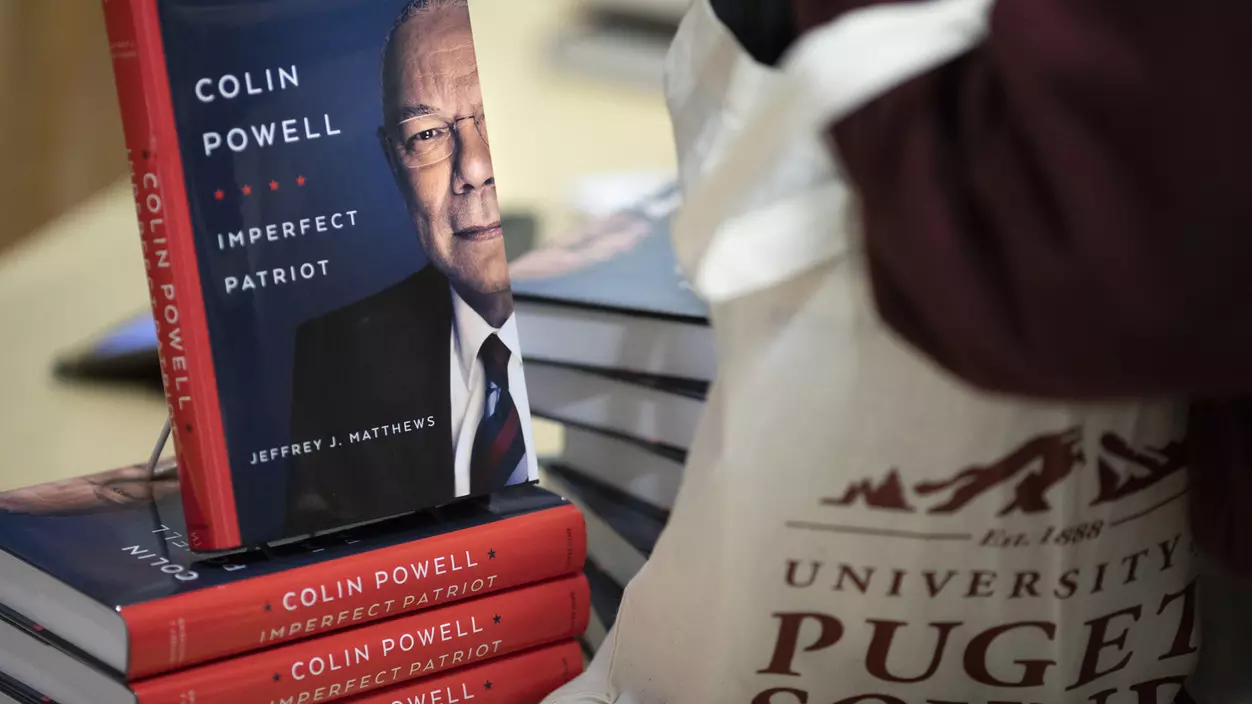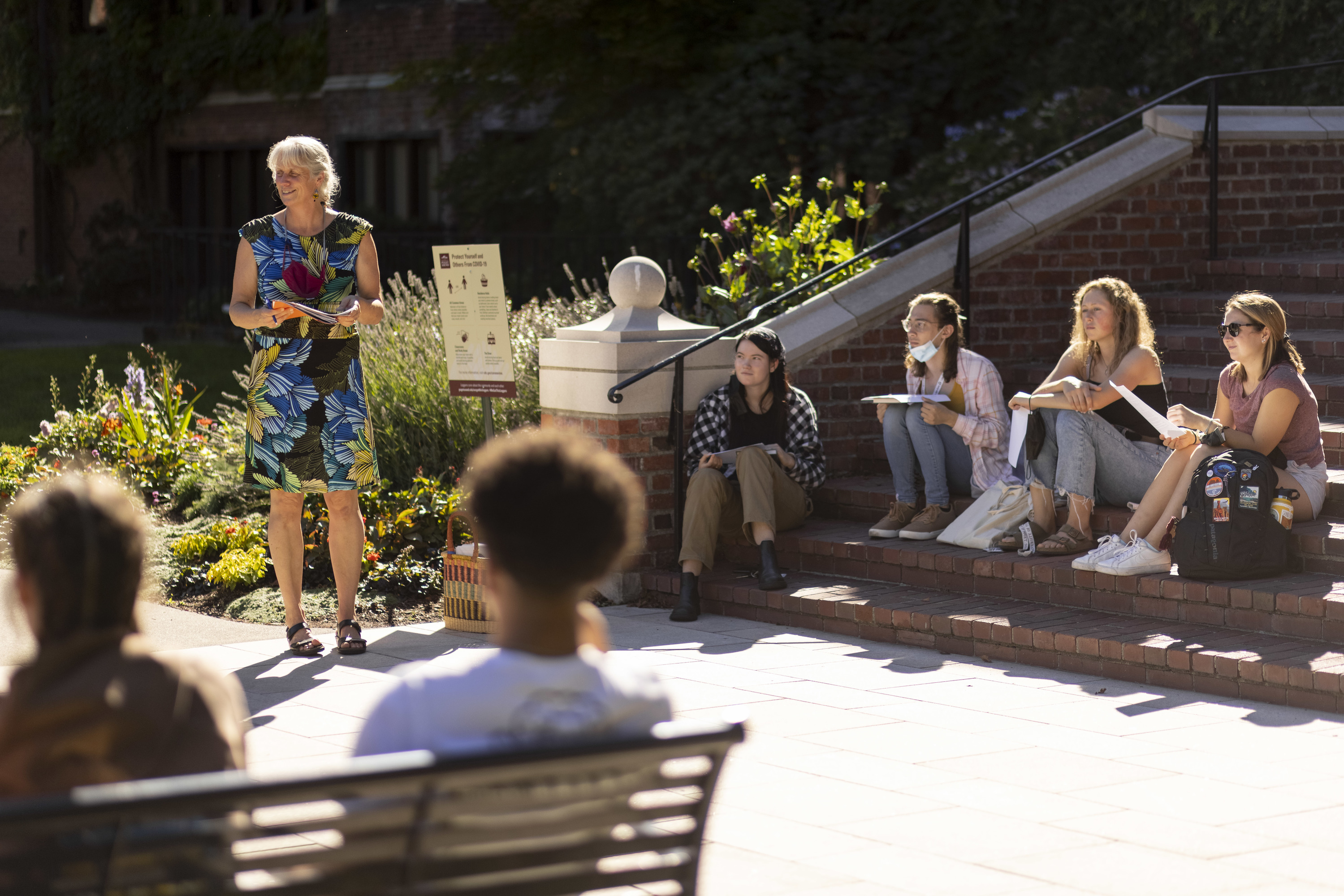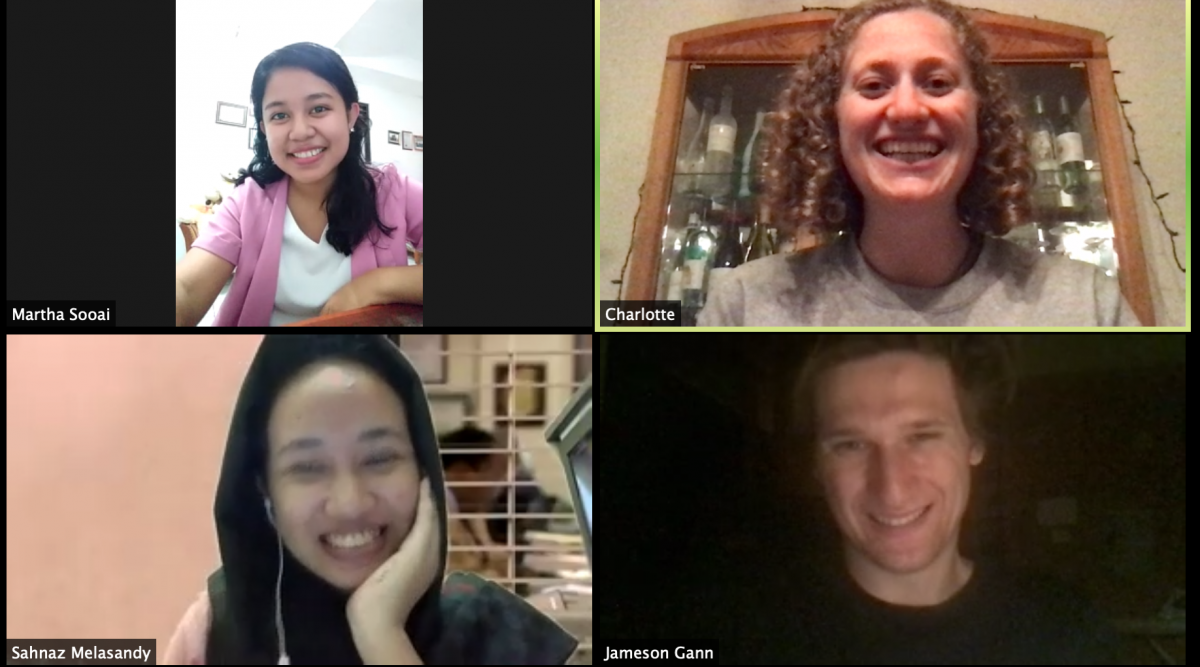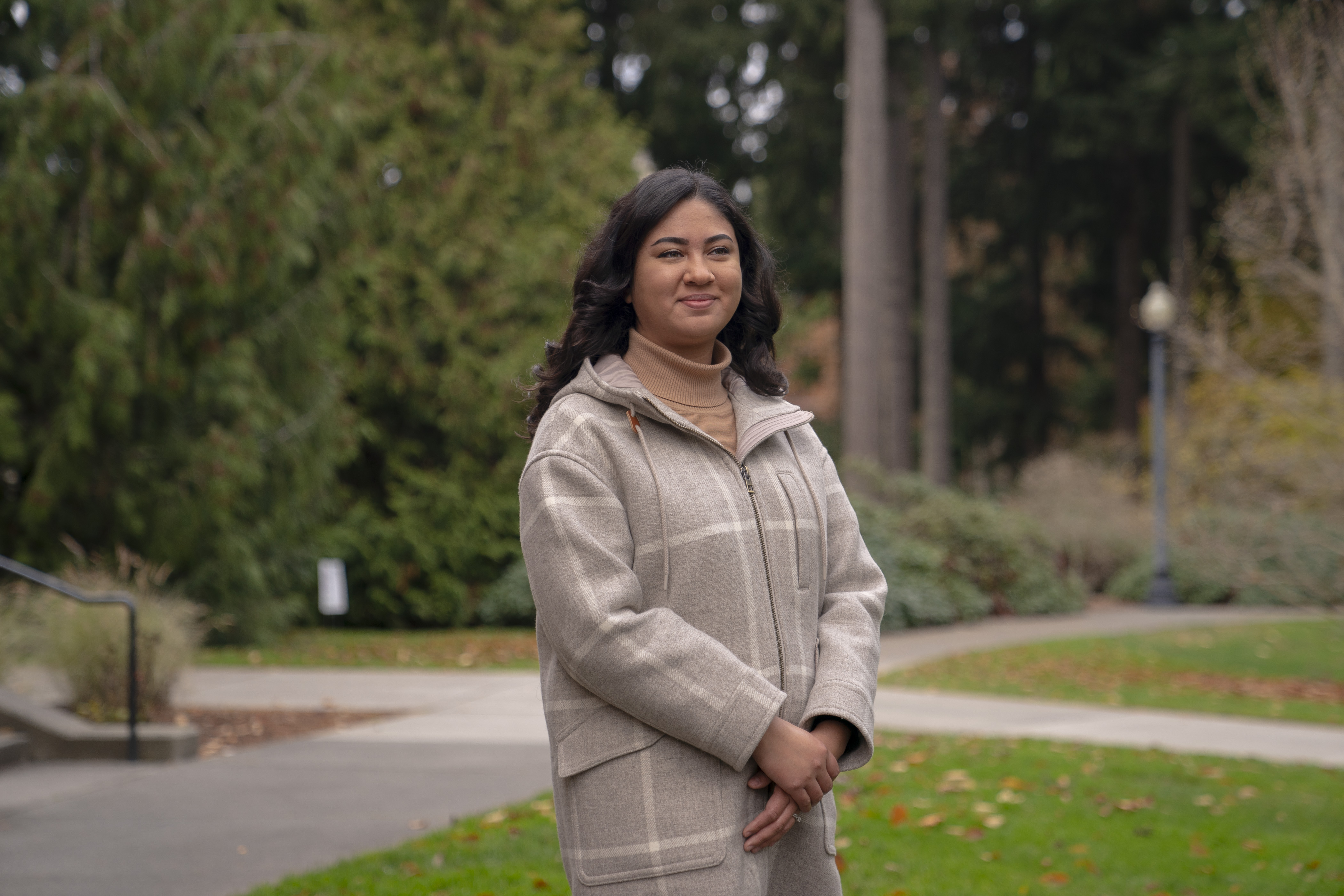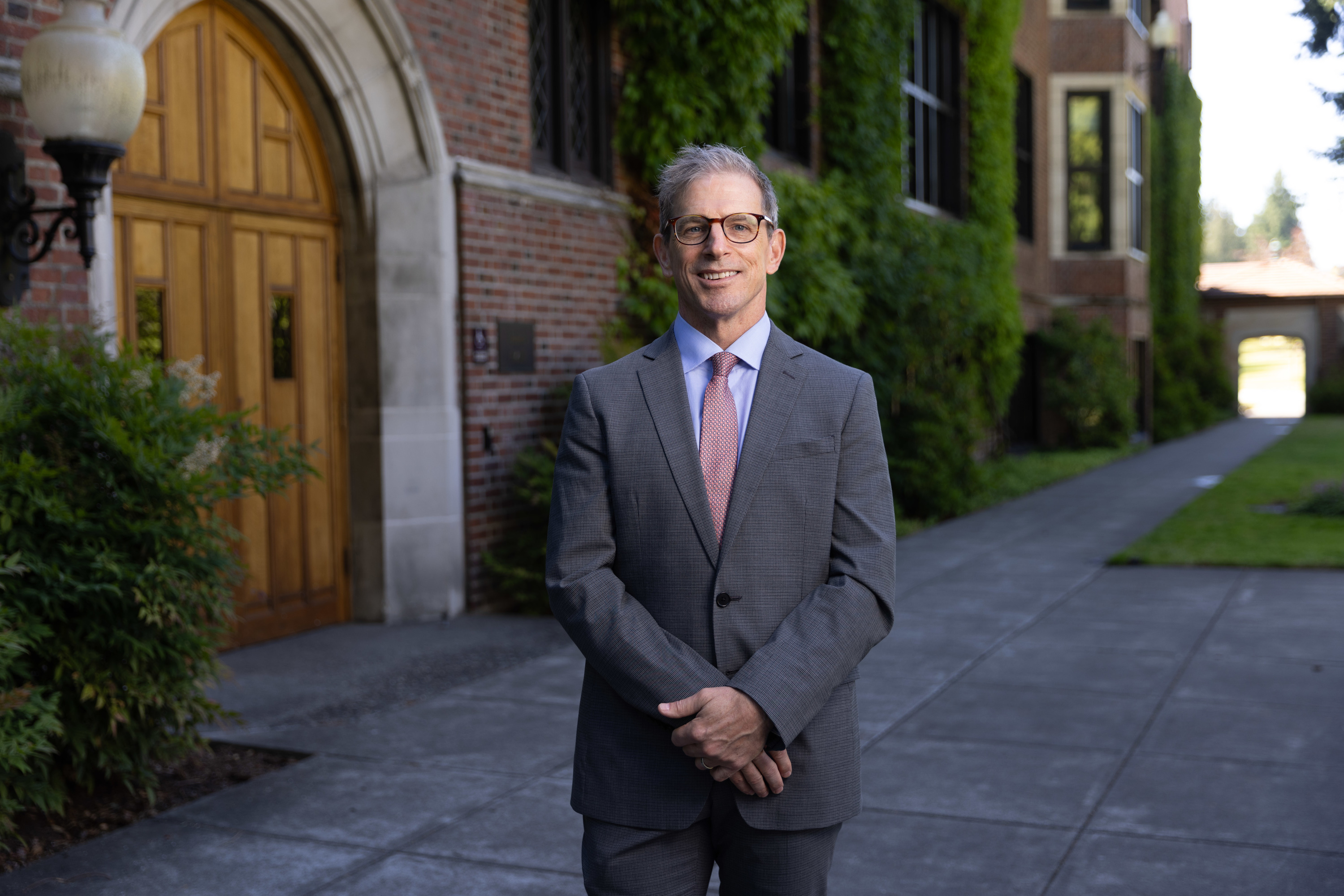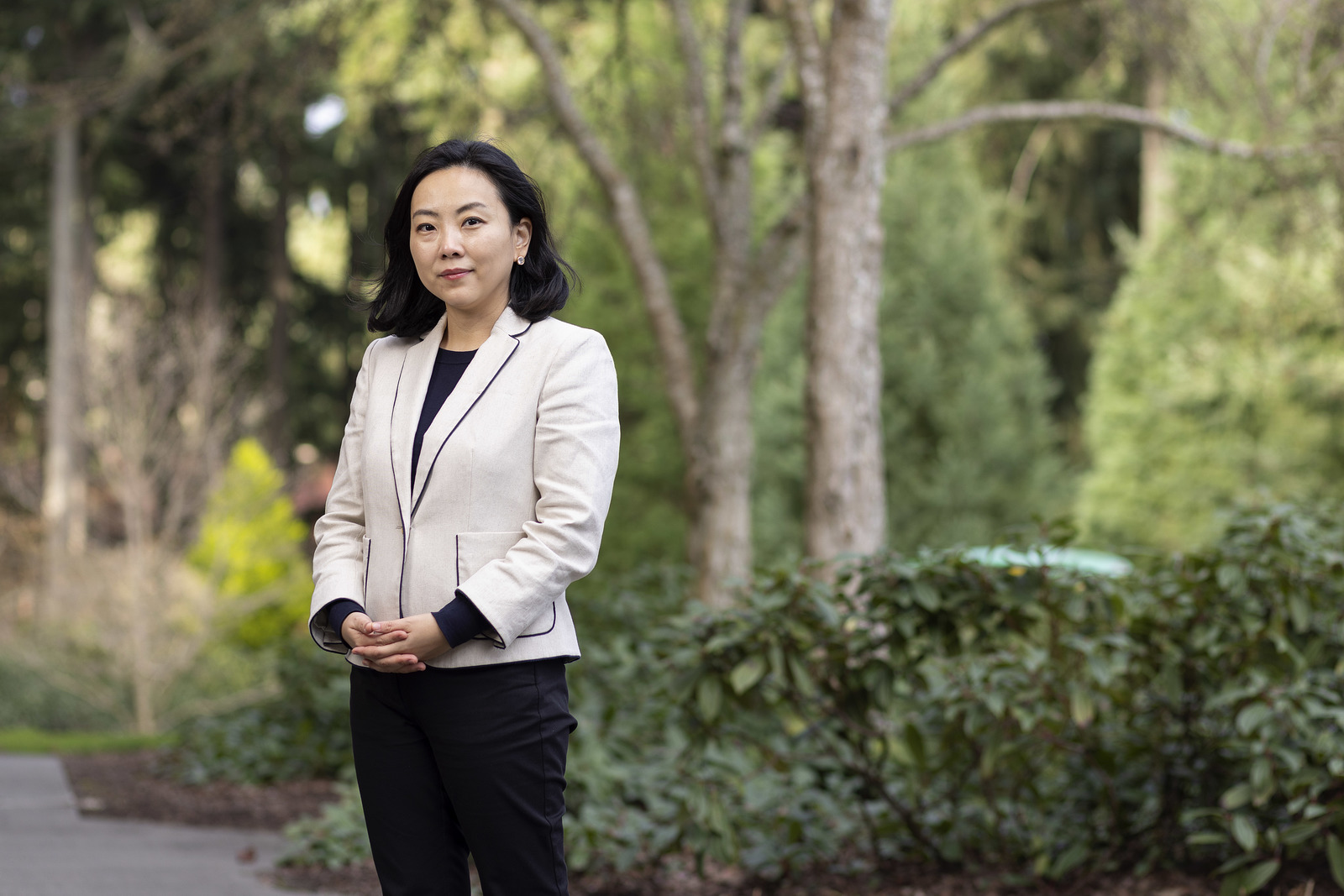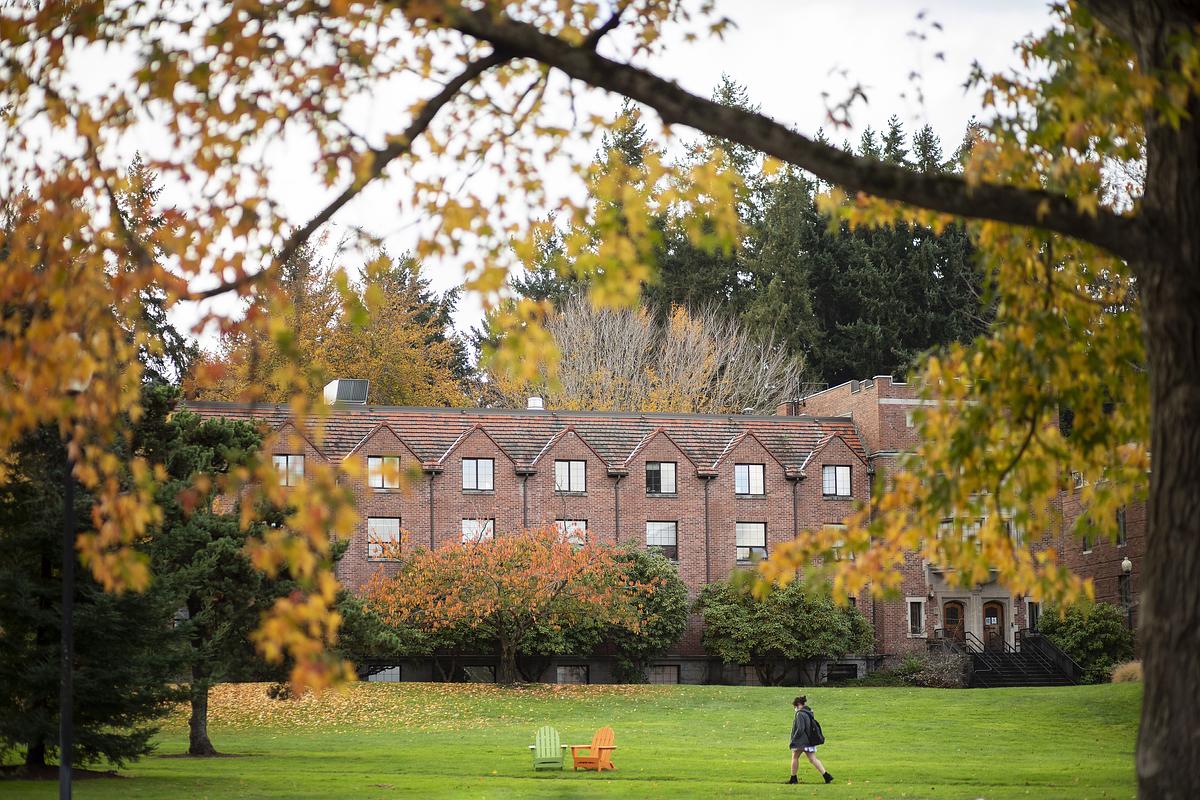Jeff Matthews’ interest in business and political leadership spans his teaching, research, board service, and writing.
His new book, Imperfect Patriot, explores the decisions, philosophy, and legacy of former Secretary of State and retired four-star Gen. Colin Powell. For Jeff, the George F. Jewett Distinguished Professor in Puget Sound’s School of Business and Leadership, the biography represents the culmination of 14 years of research.
Using a leadership/followership framework, Imperfect Patriot is a nuanced and principled deep dive into Powell’s renowned career in military leadership.
